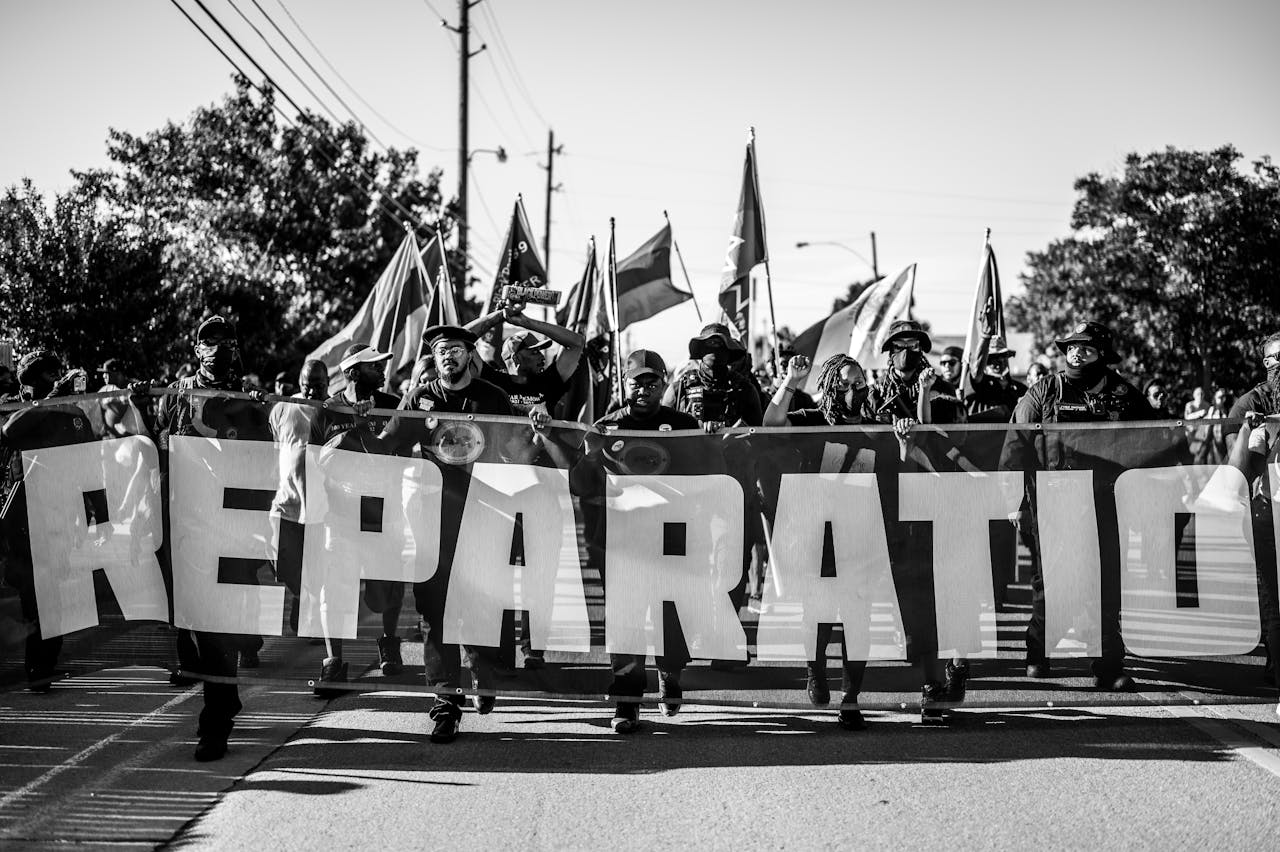
December 20, 2022
Task Force To Study Reparations for Blacks in Boston Gets Unanimous Vote, Boston NAACP President Calls it ‘Historic’
The Boston City Council voted unanimously to study how it can provide reparations and other forms of atonement to Black Bostonians for its history of slavery and discrimination.
The Associated Press reports the city will now form a task force for the study, which is part of a growing movement by states to discuss reparations. Reparations supporters in Boston cite the city’s history of racism and discrimination, including supporting slavery after Massachusetts abolished it in 1873 and its history of segregated housing.
“This ordinance is only the start of a long-awaited yet necessary conversation,” City Councilor Julia Mejia said, according to the AP. “The city of Boston, like many areas around the United States, has profited from the labor of enslaved African Americans and has further disadvantaged them by barring them from participating in the same economic mobility opportunities as their white counterparts.”
The vote has been celebrated by civil rights advocates, including Tanisha Sullivan, president of the Boston chapter of the National Association for the Advancement of Colored People (NAACP), who called the vote a “historic and important step forward on what will be a deliberative, robust, and inclusive process to help our city better understand the role it played in supporting the enslavement of Black people in the United States.”
Other cities that have begun reparation plans include Evanston, IL, which has tied its plan to housing and cities in California, where the state’s nine-member reparations task force is set to release a report to state lawmakers early next year outlining recommendations for state-level reparations.
Boston’s reparations task force will study different reparation models, the disparities that have hurt its Black residents, and collect data on “historic harms” committed by the city. The task force will also hold public hearings so community members can comment on the discrimination they’ve faced.
The Boston task force will recommend forms of reparations as well as the potential to eliminate policies and laws that hurt Black Boston residents to this day. Additionally, the task force will suggest ways that Boston can issue a formal apology to Black Bostonians for its history of racism, discrimination, slavery, and human rights violations against slaves and their descendants.
In Boston, the idea of reparations was first brought up in the 1980s by former Massachusetts Sen. Bill Owens, the state’s first Black Senator, who died earlier this year.